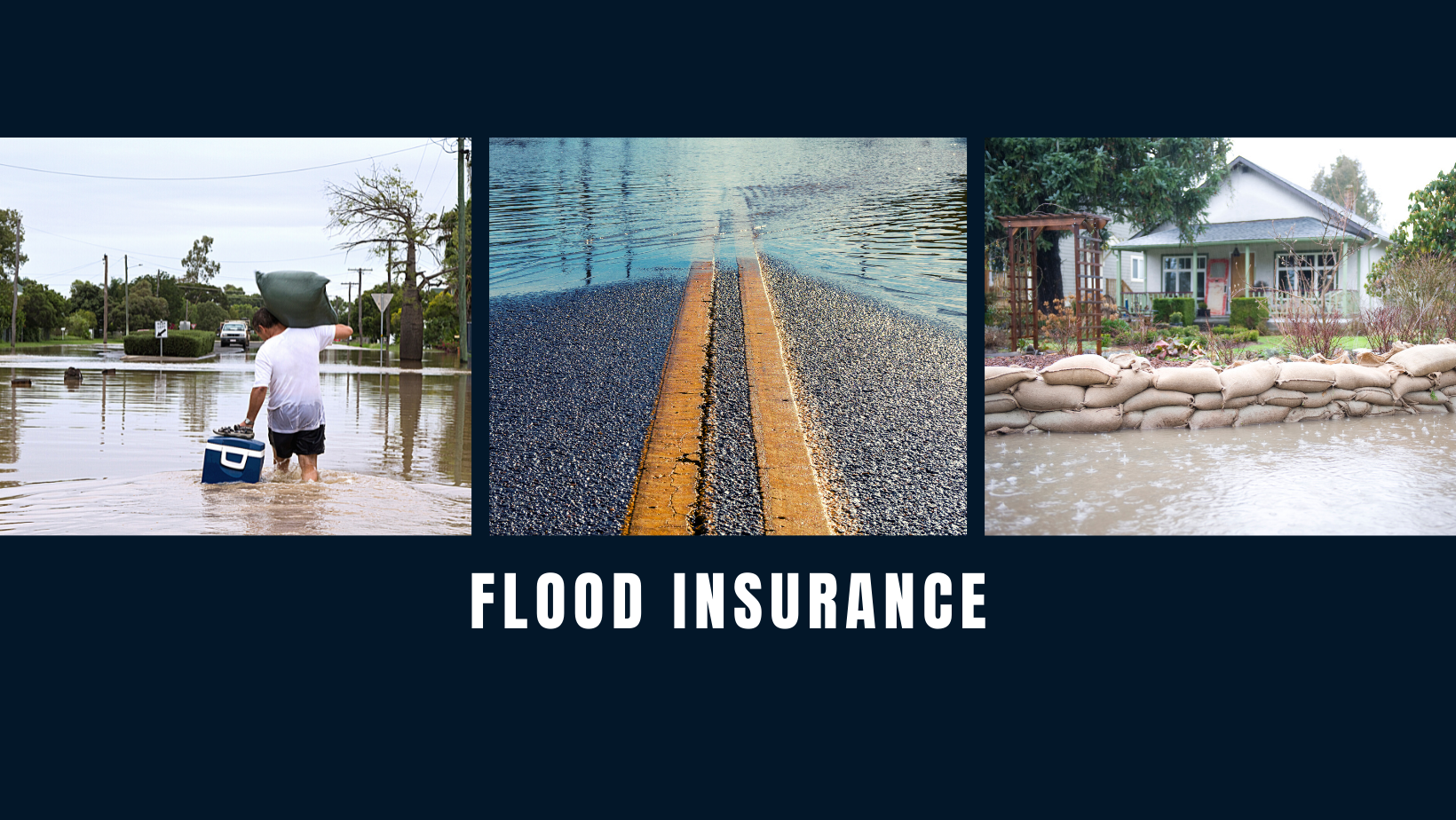
Flood Insurance is for everyone.
When most people think of a flood, they might think of events like Hurricane Katrina, or Hurricane Sandy. These were huge devastating storms that caused billions of dollars in damage.
In reality, most floods are caused by far less catastrophic situations. In fact, it only takes a few inches of standing water to cause tens of thousands of dollars of damage.
The fact of the matter is if you're east of the Rockies, you're in danger of flood. A strong storm can cause flash flooding, make streams and rivers overflow, or turn loose soil into a rolling sheet of mud.
And each of those situations are what we call a flood.
However, none of those examples would be covered under your homeowners policy.
So it doesn't matter where you live or what you think you need.
Flood insurance is for everyone.
The rules of Flood have changed.
Weather isn't what it used to be.
That means we have to look at things differently to keep up with the times. And flood insurance is no different.
The National Flood Insurance Program now uses sophisticated modern techniques to accurately determine the risk of a flood in any parcel of land.
That means what you paid for Flood insurance a few years ago may not be what you would pay now.
These changes are designed to bring flood quoting into the modern era, updating a system that hasn't changed in four decades.
What Flood Insurance Does
Flood insurance covers the damage that is caused by rising waters, overflowing banks of bodies of water, mudflows and flash flooding.
Flooded basements, soaked furniture, damaged walls, and many other types of claims can result from a flood in your home.
Flood policies also reimburse you for the work that you and other family members did to prevent damage, such as sandbagging your home or breaking furniture while moving it. It also covers removing debris after the loss.
If you live in certain flood zones, your mortgage company may require that you purchase a flood insurance policy. You may also have to get a special kind of loan called a "designated loan."
If you live outside a high-risk zone, or if you no longer have a mortgage, flood insurance is optional.
How Premium is Determined
How much you pay for your Flood insurance depends on a few factors.
- First floor height - how far away your first floor is from the ground
- Location of house - How far from flooding source
- Building Occupancy - Residence, Business, etc.
- Foundation Type - Basement, crawl space, etc.
- Construction material and age of house
- Number of floors
- Prior Claims
- Elevation
While there may be other factors not listed here, these are the questions your agent will ask when determining how much a flood policy will cost.
You Need Flood Coverage
Let's face it - you need Flood coverage.
Your homeowners or renters policy just doesn't cover the risk of rising water. And anywhere it can rain, it can flood.
The good news is that the updates to the National Flood Insurance Program made it less expensive for some of us - and that could mean you.
A simple conversation could lead to you being safe from watery ruin.
To get started on your quote, call our office at 336-377-9003 or click over to our quotes page. Either way we'll make the process simple!
